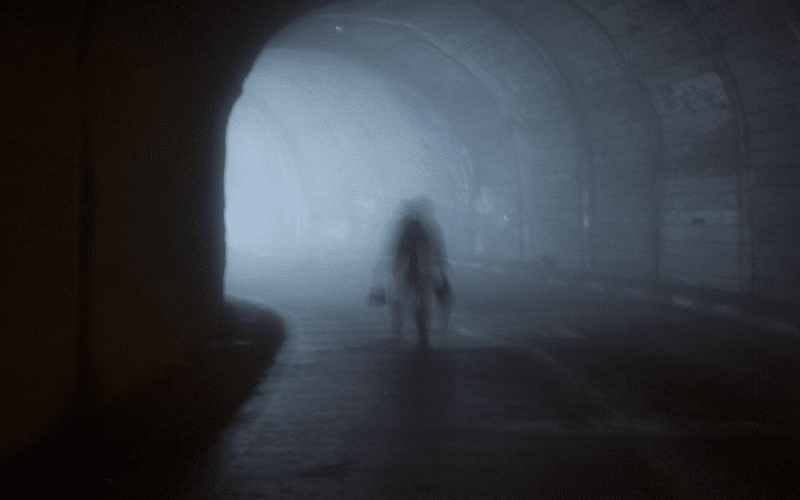Symptom 8. Impaired Night Vision: The Unexpected Impact of Uveitis on Nighttime Sight

Uveitis can negatively affect night vision, making it difficult to see clearly in low-light conditions. This can be particularly problematic when driving at night or navigating dimly lit areas. Impaired night vision occurs when the inflammation affects the retina, specifically the rod cells responsible for detecting light and enabling us to see in low-light conditions.
In addition to the inflammation itself, uveitis-related night vision impairment may also be caused by the presence of floaters or cloudiness in the vitreous, which can obstruct the passage of light to the retina. This can further reduce the amount of light available for the rod cells to process, resulting in diminished night vision.
To address impaired night vision due to uveitis, it is important to focus on treating the underlying inflammation. Your eye care professional may prescribe corticosteroid eye drops, oral medications, or other treatments to reduce inflammation and improve overall eye health. (8)